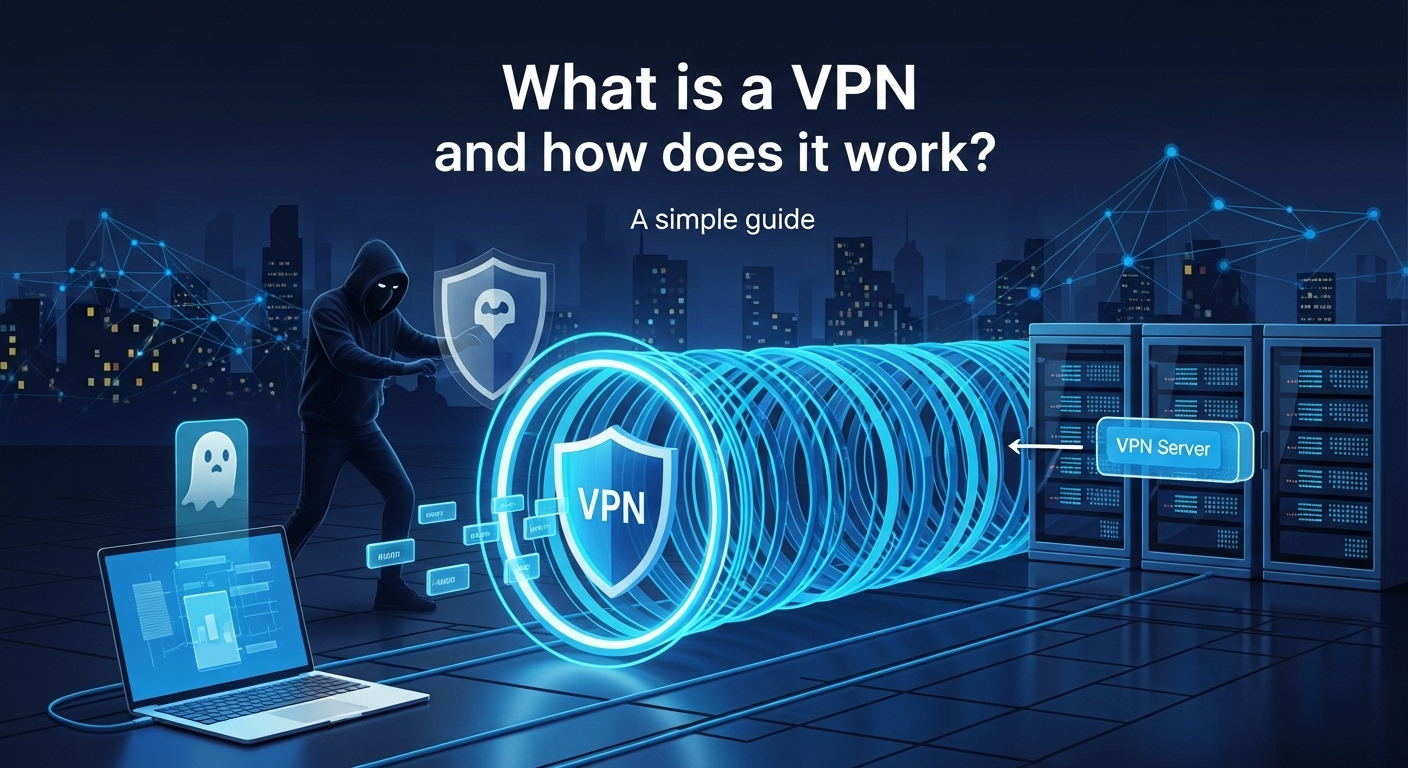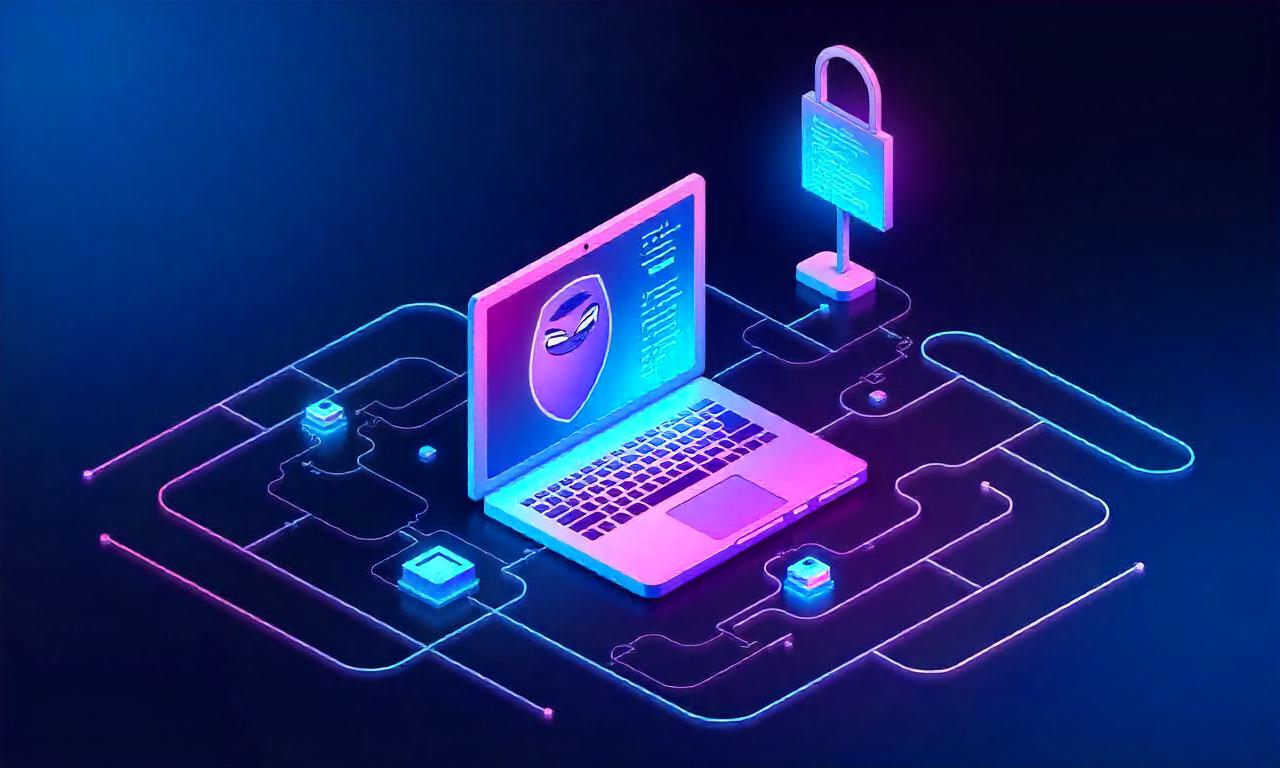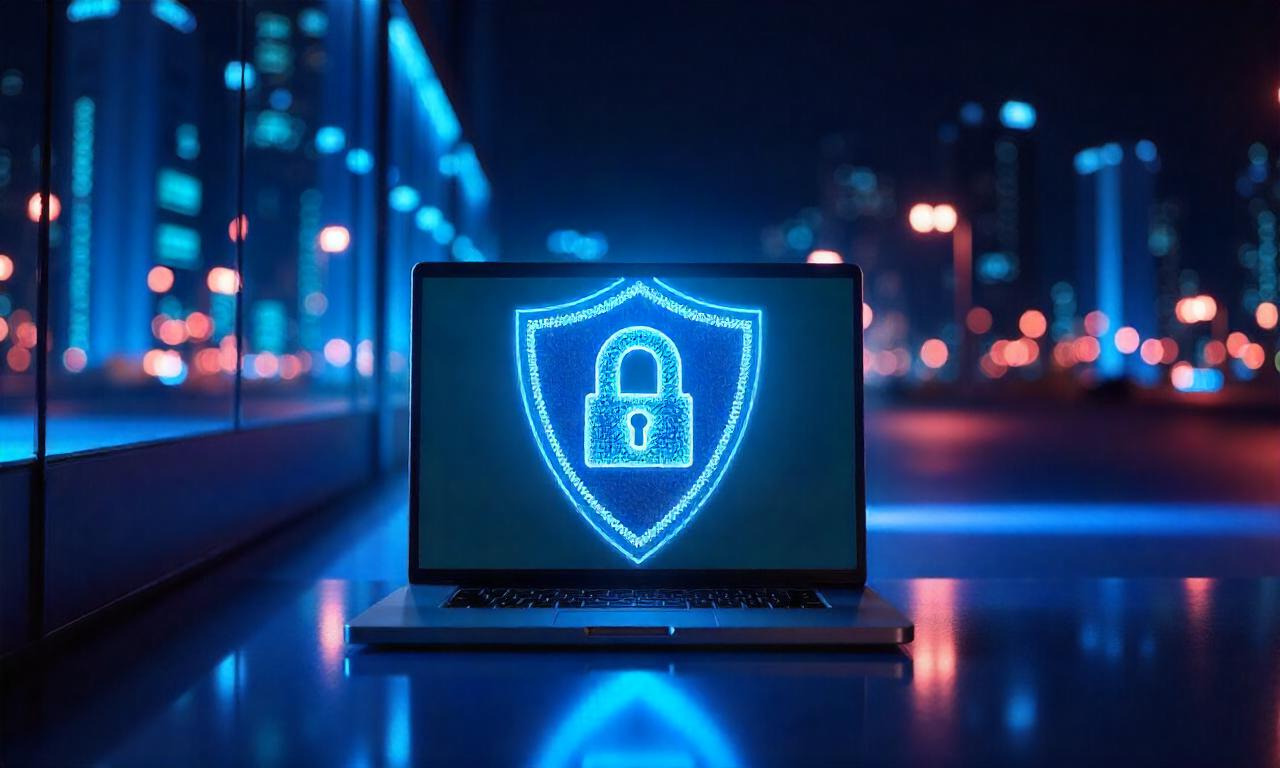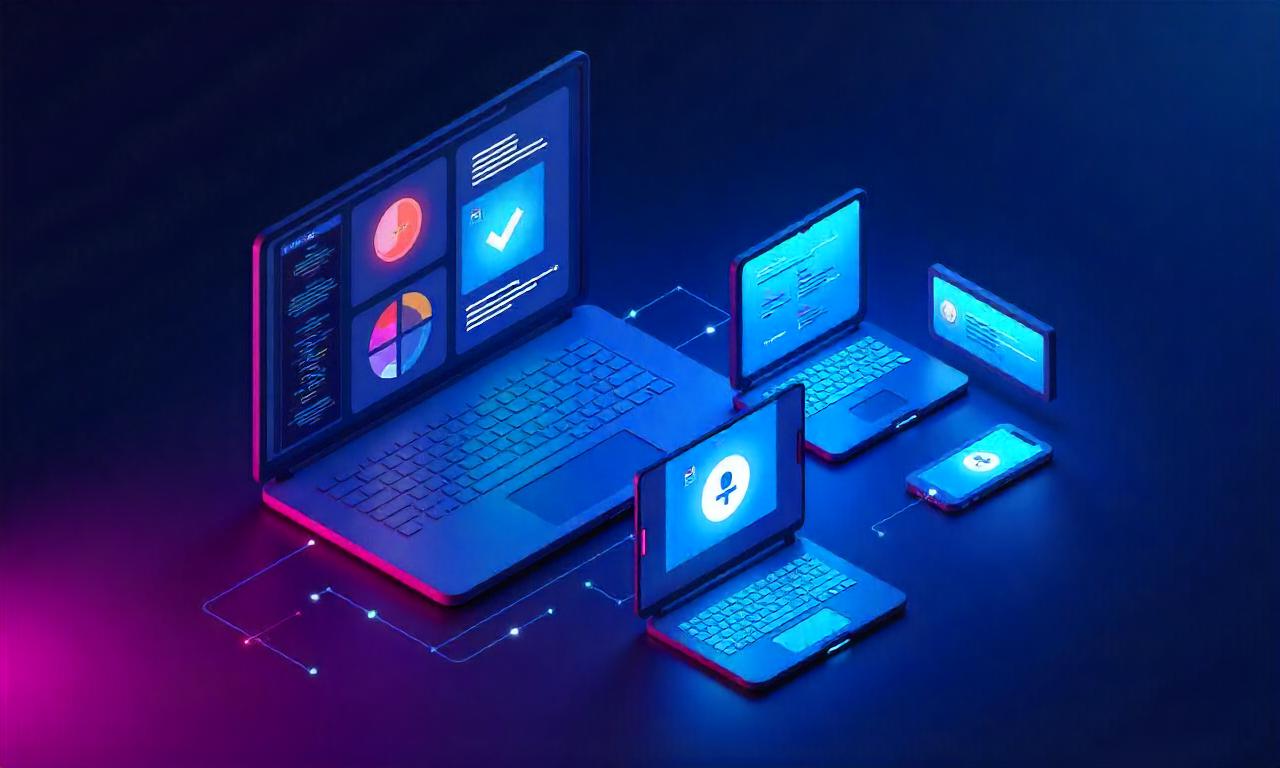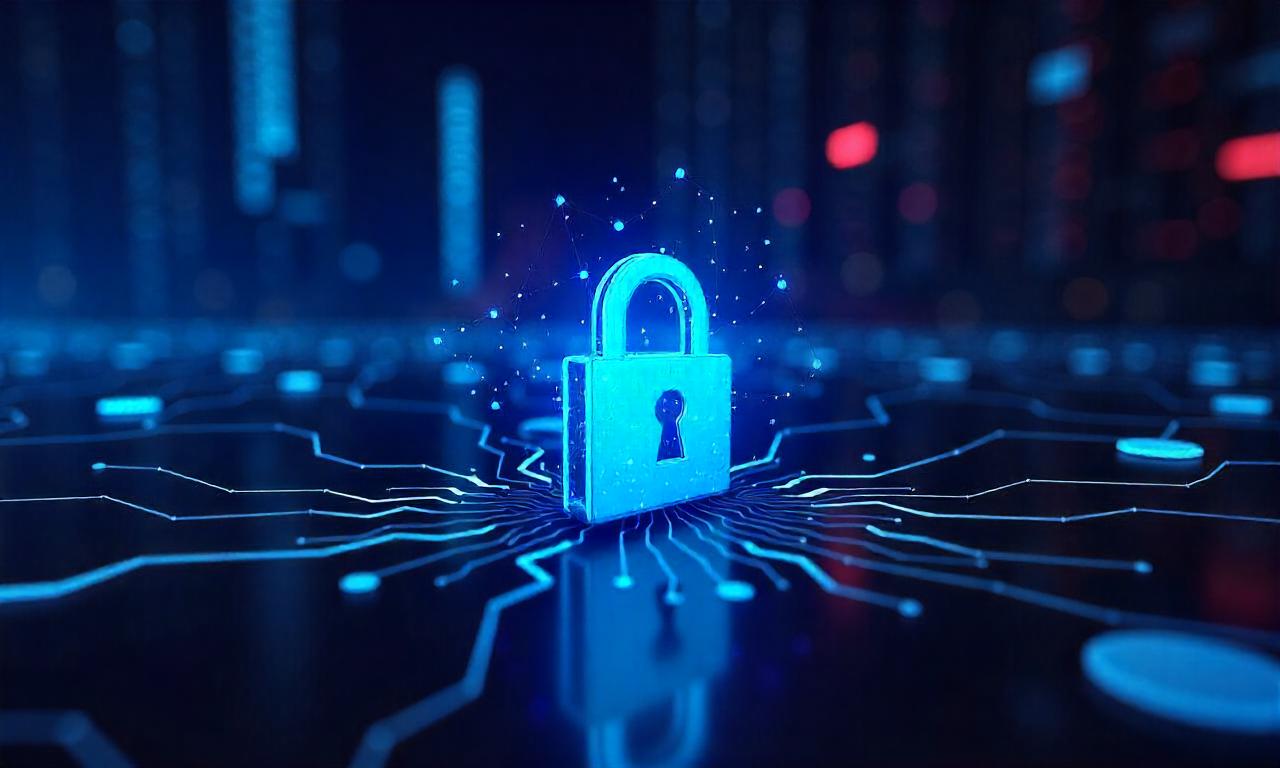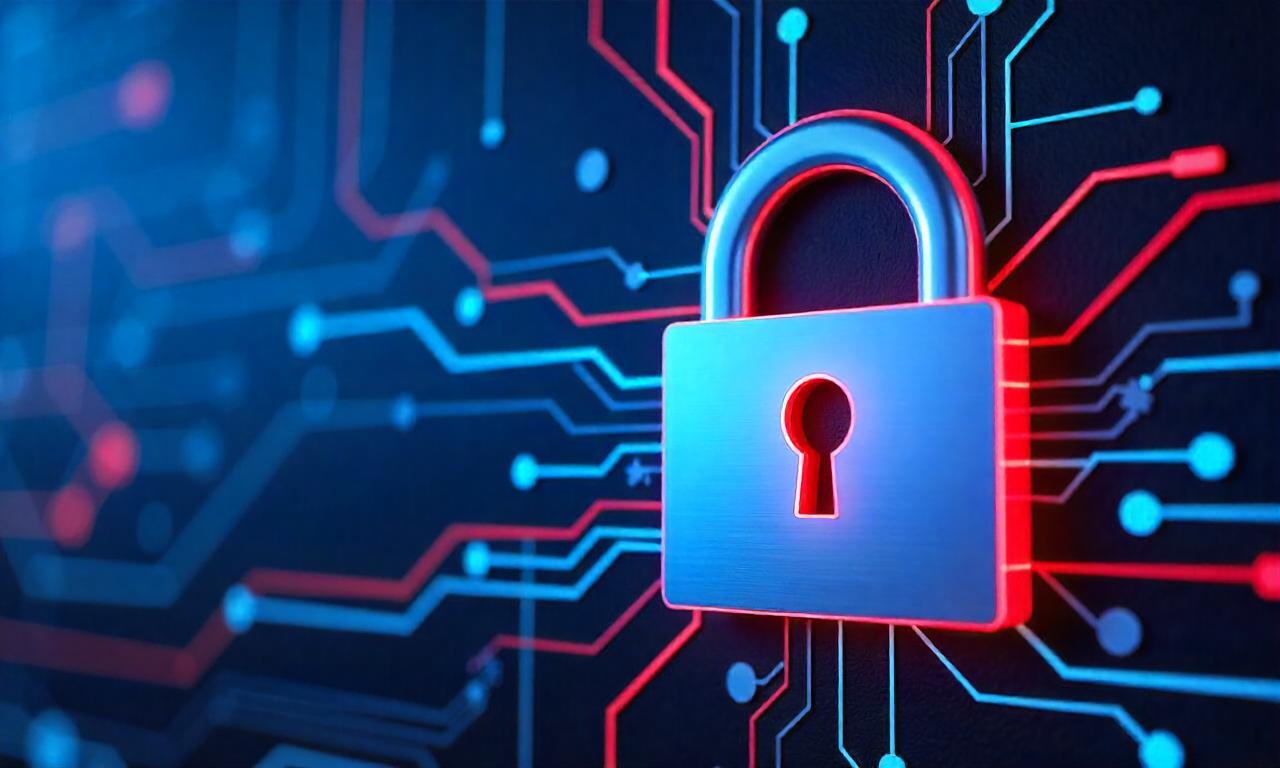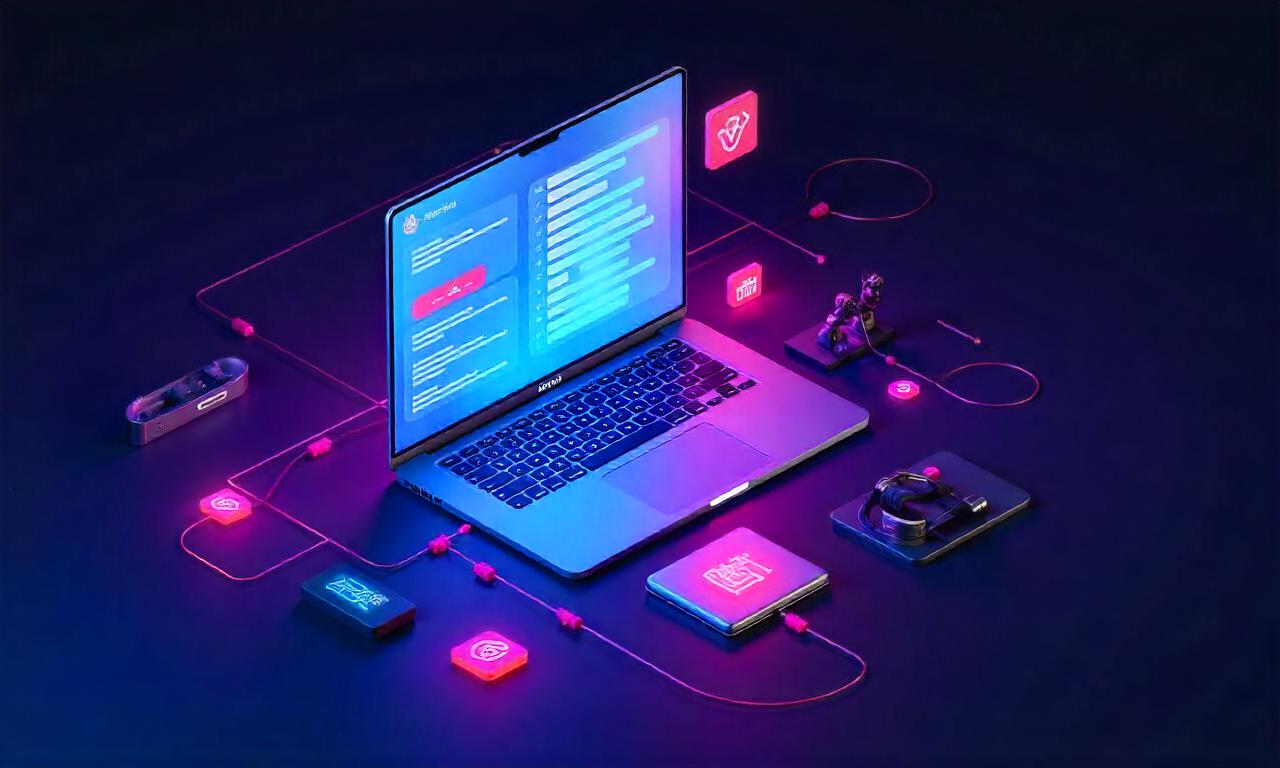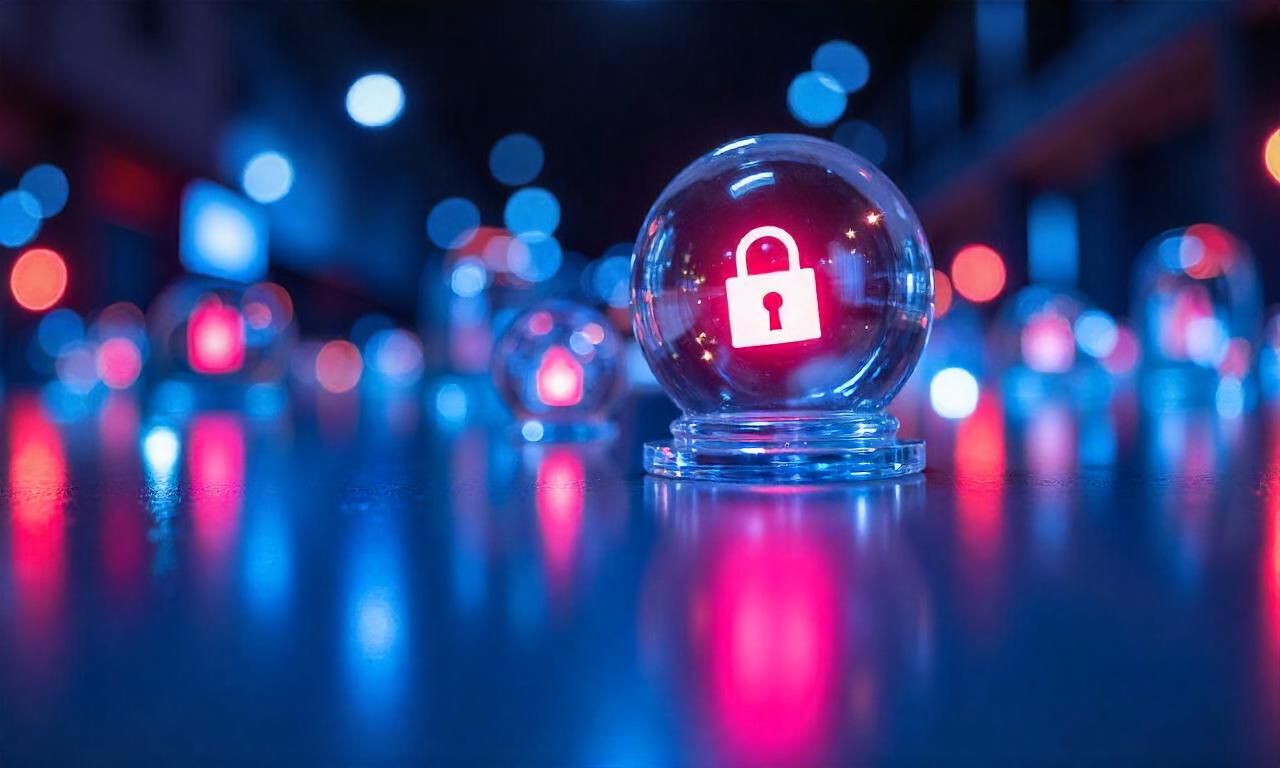Have you ever used a public Wi-Fi network at a café or airport and worried about the security of your data? Or perhaps you've tried to watch your favorite show while traveling, only to be met with a frustrating "content not available in your region" message. These common digital-age problems have a powerful and increasingly popular solution: the VPN. But this then raises the crucial question for anyone looking to bolster their online freedom and security: what is a vpn and how does it work? This simple guide will demystify the technology, breaking down its complex mechanics into easy-to-understand concepts, and show you why it's becoming an essential tool for internet users everywhere.
Table of Contents
ToggleWhat Is a VPN? A Deeper Look Beyond the Acronym
At its core, VPN stands for Virtual Private Network. The name itself provides a great clue to its function. It creates a virtual, encrypted tunnel for your internet traffic, giving you a private connection even when you are using a public or shared network. Think of it as building a secure, private highway for your data that runs directly through the chaotic and public city streets of the internet. Instead of your data being exposed to potential onlookers—like your Internet Service Provider (ISP), hackers, or advertisers—it is safely enclosed within this tunnel from the moment it leaves your device until it reaches its final destination.
The primary purpose of a VPN is to enhance your privacy and security online. It achieves this by doing two main things: masking your real IP address and encrypting your entire internet connection. Your IP (Internet Protocol) address is a unique numerical label assigned to your device, much like a physical mailing address for your home. It reveals your geographic location and can be used to track your online activities. A VPN replaces your IP address with one from its own server, making it appear as if you are browsing from a completely different location. This, combined with powerful encryption, makes your digital footprint significantly more anonymous and secure.
It's important to distinguish a VPN from a proxy server, as they are often confused. While both can reroute your traffic and change your IP address, a VPN offers a far more comprehensive security solution. A typical proxy server only works on an application-by-application basis (e.g., just for your web browser) and often does not encrypt your traffic. A VPN, on the other hand, operates at the operating system level. This means it captures and encrypts all internet traffic from your device—whether it's from your browser, a gaming app, your email client, or a background update. This holistic protection is what makes a VPN a superior tool for overall digital security and privacy.
The Core Mechanics: How Does a VPN Work?
Understanding how a VPN functions doesn't require a degree in computer science. The process can be broken down into a logical sequence of steps that transform your insecure, public connection into a secure, private one. It all begins when you activate the VPN application on your computer, smartphone, or tablet. You select a server from a list—which could be in your own country or halfway across the world—and click "connect." In just a few seconds, your entire online experience is fundamentally changed, operating under a powerful shield of digital protection.
The magic happens through a combination of encryption and tunneling. When you connect to the VPN, the software on your device (the VPN client) establishes a secure connection with the VPN server you selected. This connection is called a secure tunnel. Before any data—such as the website you want to visit or an email you're sending—leaves your device, the VPN client encrypts it. This means it scrambles the data into an unreadable code using complex algorithms. This encrypted data then travels through the secure tunnel, passing through your local network and your ISP, who can see that you are connected to a VPN but cannot see the content of your data or your final destination.
Once your encrypted data reaches the VPN server, it is decrypted. The VPN server then forwards your request to the final destination on the public internet (e.g., `google.com` or `netflix.com`). The website or service you are accessing sees the request as coming from the VPN server, not from your personal device. It therefore sees the VPN server's IP address and location, not your own. The website then sends the data back to the VPN server, which encrypts it again and sends it back to your device through the secure tunnel. Your VPN client decrypts the data, and you see the webpage load as normal. This entire round-trip process happens in milliseconds, providing a seamless yet highly secure browsing experience.
1. The Encryption Process: Securing Your Data
Encryption is the bedrock of VPN security. It is the process of converting your readable data (plaintext) into a scrambled, unintelligible format (ciphertext) using a cryptographic key. Only someone with the correct key can decrypt the data and turn it back into its original, readable form. Modern VPNs use highly sophisticated encryption standards, with AES (Advanced Encryption Standard) 256-bit being the industry benchmark. To put its strength into perspective, this is the same level of encryption used by governments and security agencies around the world to protect classified information. It is considered computationally infeasible to crack with current technology.
This robust encryption is precisely what protects you from various online threats. On an unsecured public Wi-Fi network, a cybercriminal could position themselves between you and the connection point in what's known as a man-in-the-middle attack. Without a VPN, they could easily intercept your unencrypted data, capturing sensitive information like passwords, credit card details, and private messages. With a VPN enabled, any data they might intercept would be just a stream of nonsensical ciphertext, rendering it completely useless to them. This ensures your private information remains private, no matter how insecure the network you're using is.
2. Tunneling Protocols: The Highway for Your Data
While encryption scrambles your data, tunneling protocols are the set of rules and procedures used to create and maintain the secure tunnel itself. These protocols dictate how your device communicates with the VPN server, how authentication is handled, and how the encrypted data packets are encapsulated for their journey across the internet. Different protocols offer varying balances of speed, security, and stability, and the best VPN providers offer a choice of several options to suit different needs.
The most common protocols include OpenVPN, which has long been the gold standard for its excellent balance of security and performance; IKEv2/IPSec, which is known for its stability and ability to reconnect quickly, making it ideal for mobile users who frequently switch between Wi-Fi and cellular data; and WireGuard, a newer, more modern protocol that offers lightning-fast speeds and state-of-the-art cryptography with a much leaner codebase. Understanding the differences can help users optimize their connection for specific tasks, whether it's streaming, gaming, or general browsing.
| Protocol | Typical Speed | Security Level | Best For |
|---|---|---|---|
| OpenVPN | Very Good | Very High | All-around use, security-conscious users |
| WireGuard® | Excellent | Very High | Streaming, gaming, high-speed connections |
| IKEv2/IPsec | Very Good | High | Mobile devices, switching networks frequently |
| L2TP/IPsec | Good | Moderate | Setups where other protocols aren't supported |
Why You Should Use a VPN: Key Benefits and Use Cases
The reasons for using a VPN have expanded far beyond the niche needs of tech enthusiasts and security professionals. In today's data-driven world, a VPN is a practical tool for the average internet user, offering tangible benefits for privacy, security, and online freedom. It empowers you to take control of your digital identity and access the internet on your own terms, free from the prying eyes of third parties and artificial geographical barriers that limit your access to information and entertainment.
The most fundamental benefit is the enhancement of your digital privacy. Your ISP can see every website you visit, how long you stay there, and the type of content you consume. This data can be logged, sold to advertisers, or handed over to government agencies. A VPN prevents this by encrypting your traffic, effectively making your online activity invisible to your ISP. All they can see is that you are connected to a VPN server, with no details about what you are doing. This is a crucial step in preventing your personal browsing habits from being monitored and monetized without your consent.
Beyond privacy from your ISP, a VPN is an indispensable tool for public Wi-Fi security. Networks in cafes, hotels, airports, and libraries are notoriously insecure and are prime hunting grounds for hackers looking to steal personal information. By encrypting your connection, a VPN creates a protective shield around your data, ensuring that even on the most compromised network, your login credentials, bank details, and personal communications remain secure. It turns a potential digital danger zone into a safe space for browsing, working, or shopping online.
1. Unlocking Geo-Restricted Content
One of the most popular and compelling use cases for a VPN is bypassing geo-restrictions. Many streaming services, news websites, and online retailers offer different content or pricing based on your geographical location, which they determine from your IP address. This can be incredibly frustrating when you're traveling abroad and want to access your home country's streaming library or when you want to watch a sporting event that is blacked out in your region.
A VPN elegantly solves this problem. By allowing you to connect to a server in a different country, it masks your real IP address and provides you with a new one from that country. For example, if you are in France and want to watch a show on the US version of Netflix, you simply connect to a VPN server located in the United States. To Netflix, it will appear as if you are browsing from within the US, and you will be granted access to its entire American content library. This same principle applies to accessing news sites, shopping deals, or any other region-locked web service.
2. Enhancing Online Security
The security benefits of a VPN extend beyond just public Wi-Fi. It acts as a proactive defense mechanism against a range of cyber threats. By masking your real IP address, a VPN makes it significantly harder for malicious actors to target you directly with attacks like DDoS (Distributed Denial of Service) or to identify you for a targeted phishing scam. For online gamers, this can be particularly important, as hiding their IP address prevents sore losers from initiating DDoS attacks to disrupt their connection and force them out of a match.
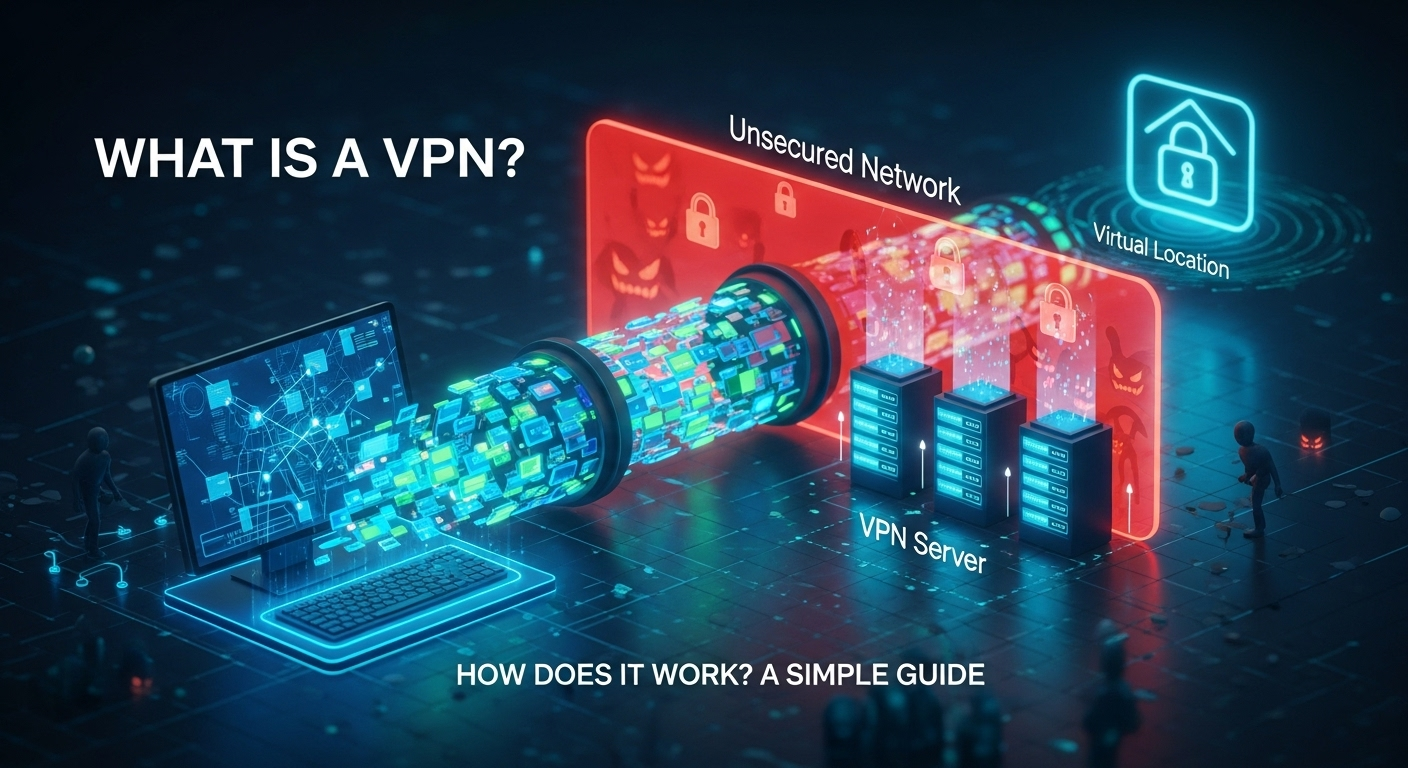
Furthermore, some VPN services come bundled with additional security features. These can include blockers for malicious websites, ads, and trackers, further cleaning up your browsing experience and reducing your exposure to malware and phishing attempts. A kill switch is another critical feature, which automatically cuts your internet connection if the VPN connection ever drops. This prevents your real IP address and unencrypted data from being accidentally exposed, ensuring you are protected at all times.
3. Maintaining Digital Privacy
In an era where personal data is often called "the new oil," maintaining your digital privacy is more important than ever. Corporations and advertisers constantly track your online behavior to build detailed profiles about you for targeted advertising. They monitor the products you browse, the articles you read, and the videos you watch. This data is collected, aggregated, and sold, often without your explicit and informed consent.
A VPN disrupts this pervasive tracking ecosystem. By masking your IP address, it severs a key link that data brokers use to tie your activity back to you. While it won't stop all forms of tracking (like cookies or browser fingerprinting), it makes you a much more difficult and less valuable target. It restores a layer of anonymity to your browsing, allowing you to research sensitive topics—whether medical, financial, or personal—without fear that your activity will be logged and used to profile you. This allows you to exercise your right to browse the internet freely and privately.
Choosing the Right VPN: Factors to Consider
With the explosion in popularity of VPNs, the market has become saturated with hundreds of providers, all claiming to be the best. However, not all VPNs are created equal. In fact, the difference between a high-quality, trustworthy VPN and a poor-quality one can be the difference between enhanced security and a dangerous false sense of it. The most important distinction to make is between paid and free VPN services. While "free" is always tempting, it's crucial to remember the adage: if you are not paying for the product, you are the product. Free VPNs often have to make money somehow, which can mean selling your data to advertisers, serving you intrusive ads, or offering very weak security and slow speeds.
A reputable, paid VPN service is an investment in your digital privacy and security. When selecting a provider, the single most important factor to investigate is its logging policy. A trustworthy VPN should have a strict, independently audited no-logs policy. This means the provider does not collect or store any information about your online activity, such as the websites you visit, the files you download, or your original IP address. This ensures that even if the VPN provider were legally compelled to hand over data, there would be nothing to hand over.
Beyond the logging policy, several other key factors will determine the quality of your VPN experience.
<strong>Security Features:</strong> Look for strong encryption (AES-256), a choice of modern protocols (WireGuard,OpenVPN*), and a reliable kill switch.
- Server Network: A large and geographically diverse server network gives you more options for bypassing geo-restrictions and finding a fast, uncongested server near you.
- Speed and Performance: All VPNs will slightly reduce your internet speed due to the encryption overhead. However, top-tier VPNs invest in high-quality infrastructure to minimize this impact, providing fast and stable connections suitable for streaming, gaming, and large downloads.
- Simultaneous Connections: A good provider will allow you to protect multiple devices (your laptop, phone, tablet, etc.) under a single subscription.
- Customer Support: Look for 24/7 live chat support in case you run into any technical issues.
The Limitations and Myths of VPNs
While a VPN is an incredibly powerful tool, it is not a silver bullet for all online dangers. It's essential to have realistic expectations and to understand what a VPN can and cannot do. Believing common myths can lead to risky online behavior under a false sense of invincibility. A VPN is one component, albeit a very important one, of a comprehensive cybersecurity strategy that should also include using strong, unique passwords, enabling two-factor authentication, and being cautious about phishing emails.
One of the most persistent myths is that a VPN provides 100% anonymity. While a VPN does a fantastic job of hiding your IP address and encrypting your traffic from your ISP and third parties on your network, it does not make you completely anonymous. For example, if you are using a VPN but are logged into your Google or Facebook account, those companies can still track your activity on their platforms and across the web via their trackers. Your browser can also give away information through browser fingerprinting. For true, high-level anonymity, one would need to use tools like the Tor network, often in combination with a VPN.
Another common concern is the impact on internet speed. It is not a myth but a technical reality that a VPN will introduce some latency and reduce your connection speed. The process of encrypting and decrypting data, plus routing your traffic through an additional server, takes time. The distance the data has to travel to the VPN server and back also plays a significant role. However, the impact can be minimal with a premium VPN service that uses optimized servers and fast protocols like WireGuard. In some rare cases, if your ISP is throttling your connection for certain activities (like video streaming), a VPN can actually improve your speed by hiding that activity from your ISP.
Finally, it's crucial to understand the legal landscape. In the vast majority of countries, using a VPN is perfectly legal. However, using a VPN to conduct illegal activities is still illegal. Additionally, while using a VPN is legal, it may violate the terms of service of certain online platforms like Netflix or Hulu. These services actively try to block known VPN IP addresses to enforce their content licensing agreements. This rarely results in an account ban but may require you to switch servers to find one that works. Always be aware of both the laws of your country and the terms of service of the platforms you use.
Frequently Asked Questions (FAQ)
Q: Is using a VPN legal?
A: Yes, in most countries around the world, including the United States, Canada, the UK, and most of Europe, it is completely legal to use a VPN for privacy and security. However, a few countries with heavy internet censorship (like China and Russia) have restrictions or bans on unapproved VPNs. Always remember that any illegal activity performed online remains illegal, whether you are using a VPN or not.
Q: Can a VPN make my internet faster?
A: Generally, no. A VPN adds extra steps (encryption and routing) to your connection, which typically results in a slight decrease in speed. However, there is a specific exception: if your Internet Service Provider (ISP) is intentionally "throttling" or slowing down your connection for certain types of traffic (like video streaming or torrenting), a VPN can sometimes increase your speed. By encrypting your traffic, the VPN hides the nature of your activity from your ISP, preventing them from selectively slowing it down.
Q: Should I use a free VPN?
A: It is strongly advised to avoid free VPNs. Running a secure VPN service costs a lot of money for servers, infrastructure, and development. Free providers have to cover these costs somehow. Many do this by logging your browsing activity and selling it to data brokers and advertisers, which defeats the entire purpose of using a VPN for privacy. Others may have weak security, data limits, or even inject malware. A reputable, paid VPN with a strict no-logs policy is a worthwhile investment.
Q: Does a VPN hide my activity from my ISP?
A: Yes, this is one of the primary functions of a VPN. Your ISP can see that you are connected to a VPN server and the amount of data you are transferring, but thanks to strong encryption, they cannot see what you are doing online—the websites you visit, the videos you watch, or the content of your communications.
Q: Can I be tracked if I use a VPN?
A: A VPN makes you much harder to track, but it doesn't make you completely untrackable. A VPN hides your IP address and encrypts your connection, which stops tracking by your ISP and on local networks. However, you can still be tracked by other means, such as website cookies, browser fingerprinting, and by logging into online accounts (like Google, Facebook, etc.). For robust protection, a VPN should be used alongside other good privacy habits like using a privacy-focused browser and clearing cookies.
Conclusion
In an increasingly connected world where data is a valuable commodity and online threats are ever-present, a Virtual Private Network has evolved from a niche tool for tech experts into an essential utility for the everyday internet user. It serves as your personal bodyguard in the digital realm, shielding your data with powerful encryption, masking your identity by hiding your IP address, and liberating your access to a truly global internet.
By creating a secure, private tunnel for your online activities, a VPN empowers you to use public Wi-Fi with confidence, protect your browsing habits from the prying eyes of ISPs and advertisers, and bypass frustrating geo-restrictions to enjoy the content you want, wherever you are. While it's not a magic shield of total anonymity, understanding its capabilities and limitations allows you to make it a cornerstone of a smart, modern cybersecurity strategy. As our lives move further online, taking control of your digital privacy and security is no longer an option—it's a necessity, and a VPN is one of the most effective tools for the job.
***
Article Summary
This comprehensive guide, titled "What Is a VPN and How Does It Work? A Simple Guide," demystifies the technology behind Virtual Private Networks. It explains that a VPN (Virtual Private Network) enhances online privacy and security by creating an encrypted "tunnel" for your internet traffic and masking your real IP address. The article details how a VPN works through a process of encryption and tunneling, where data is scrambled on the user's device, sent securely to a VPN server, and then forwarded to its destination, making the user's activity appear to originate from the server's location. Key benefits are highlighted, including protecting data on public Wi-Fi, bypassing geo-restricted content, and preventing tracking by ISPs and advertisers. The guide also provides crucial advice on choosing a reputable VPN, emphasizing the importance of a strict no-logs policy and strong security features, while cautioning against the risks of free services. Finally, it addresses common myths and limitations, explaining that a VPN is a powerful tool but not a complete solution for anonymity, and includes a helpful FAQ section to answer common user questions.

